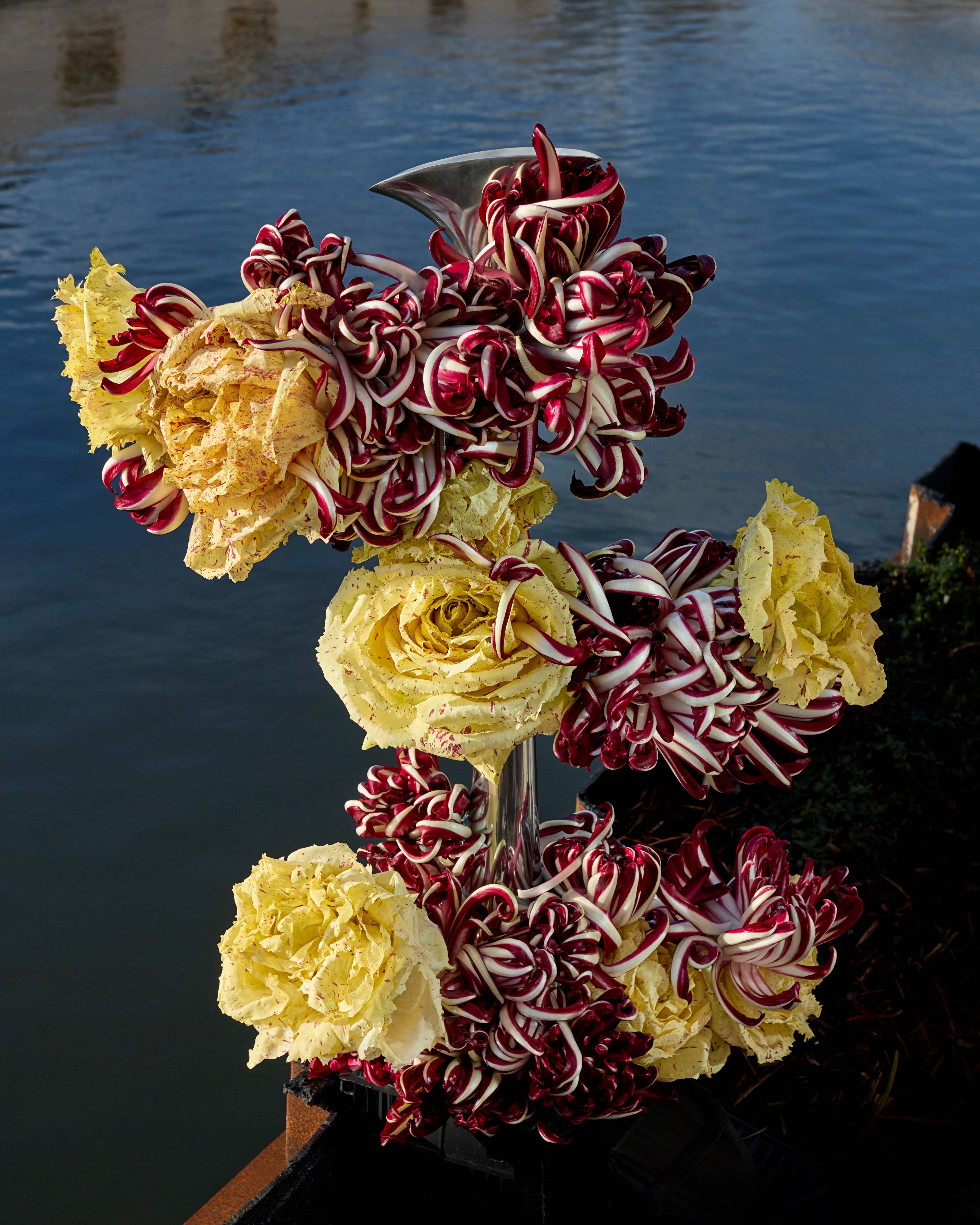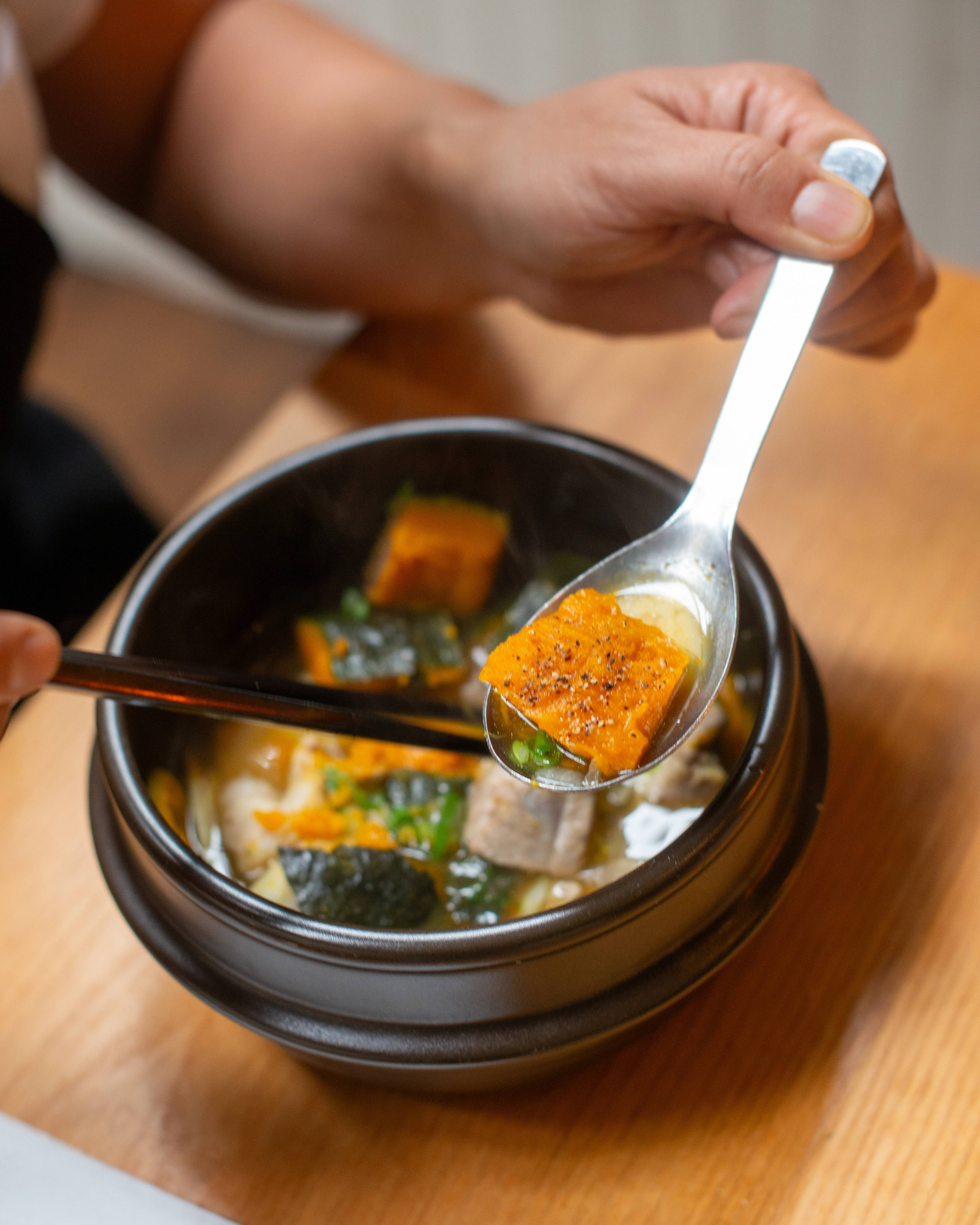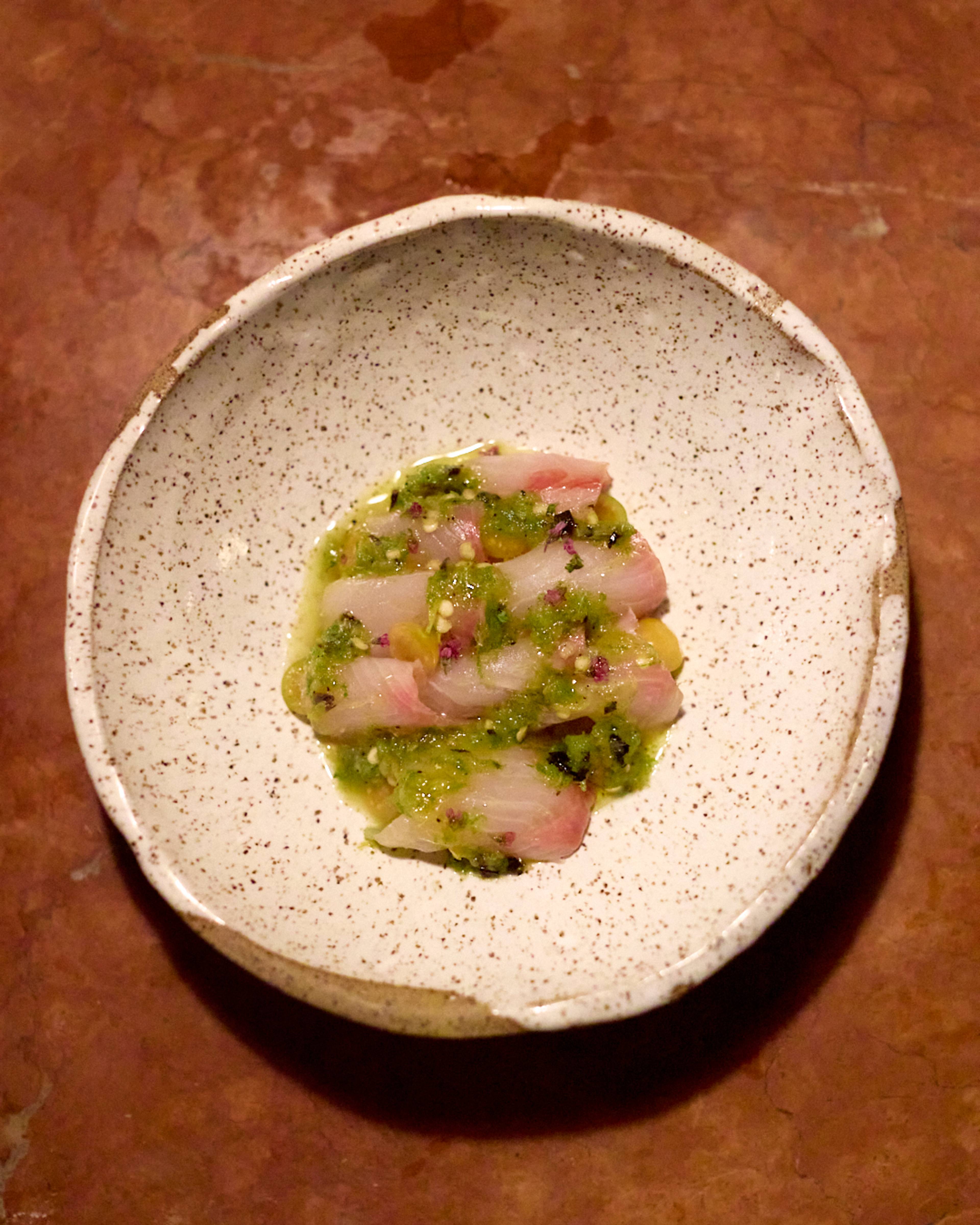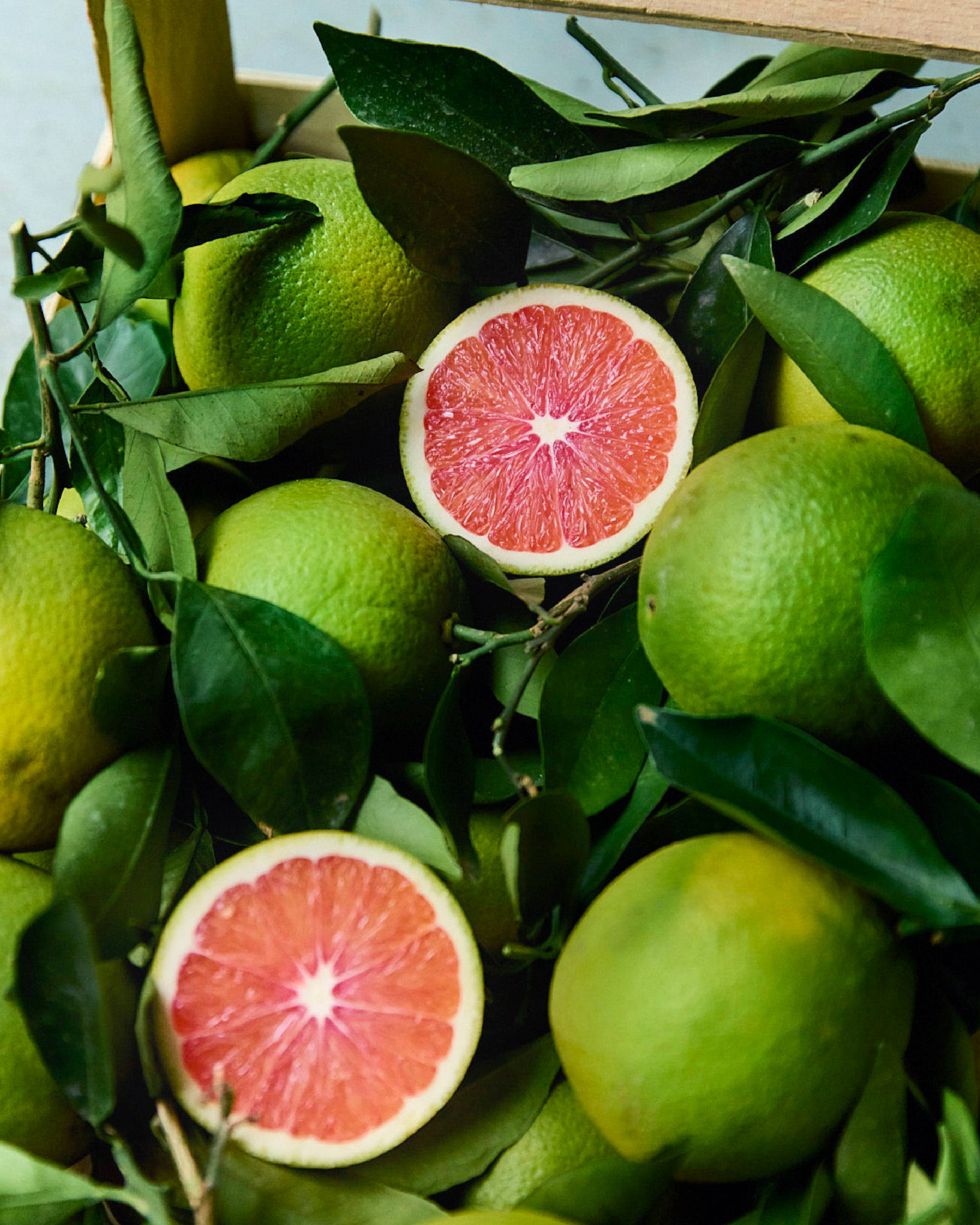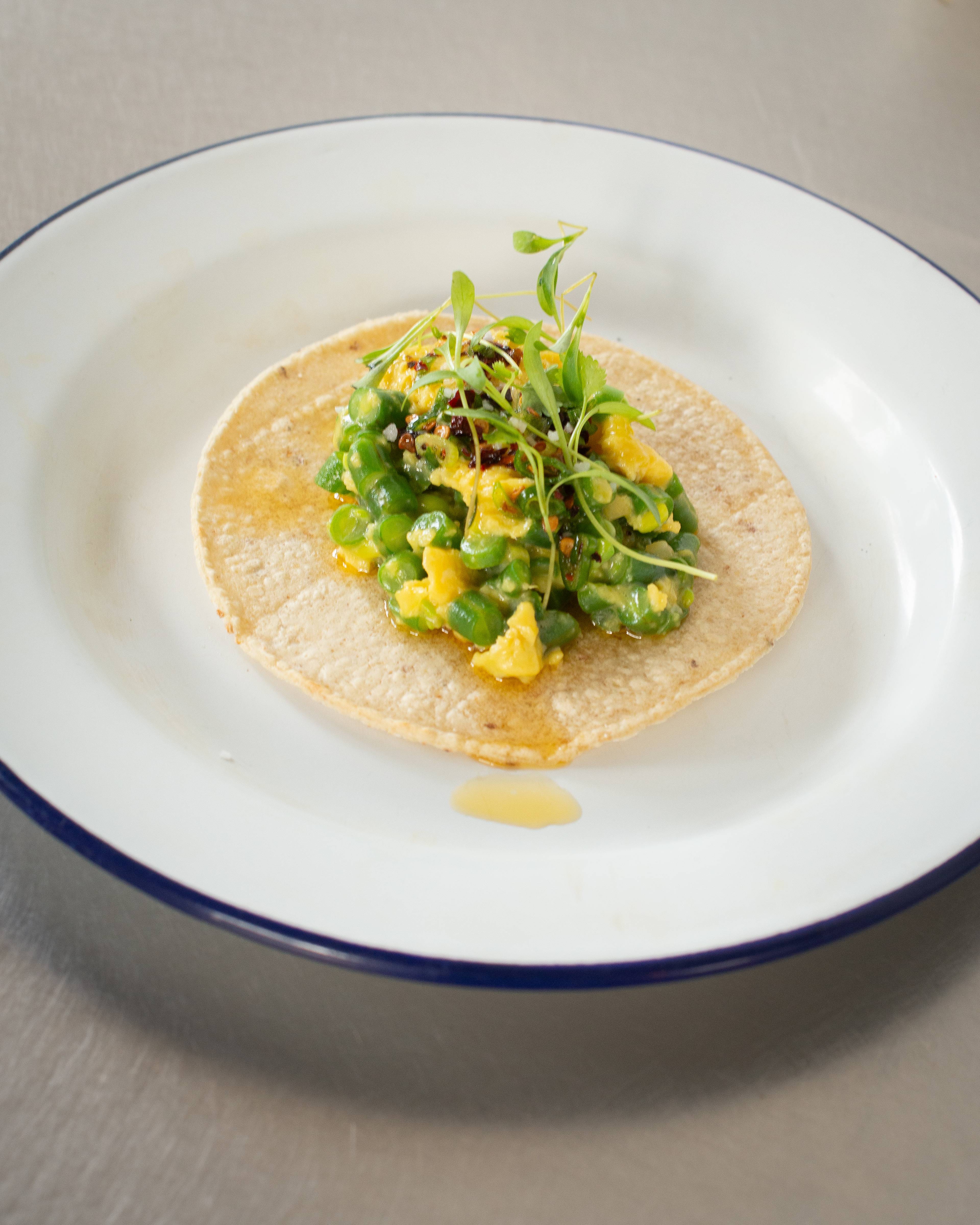OPENING THE DOORS TO COPENHAGEN
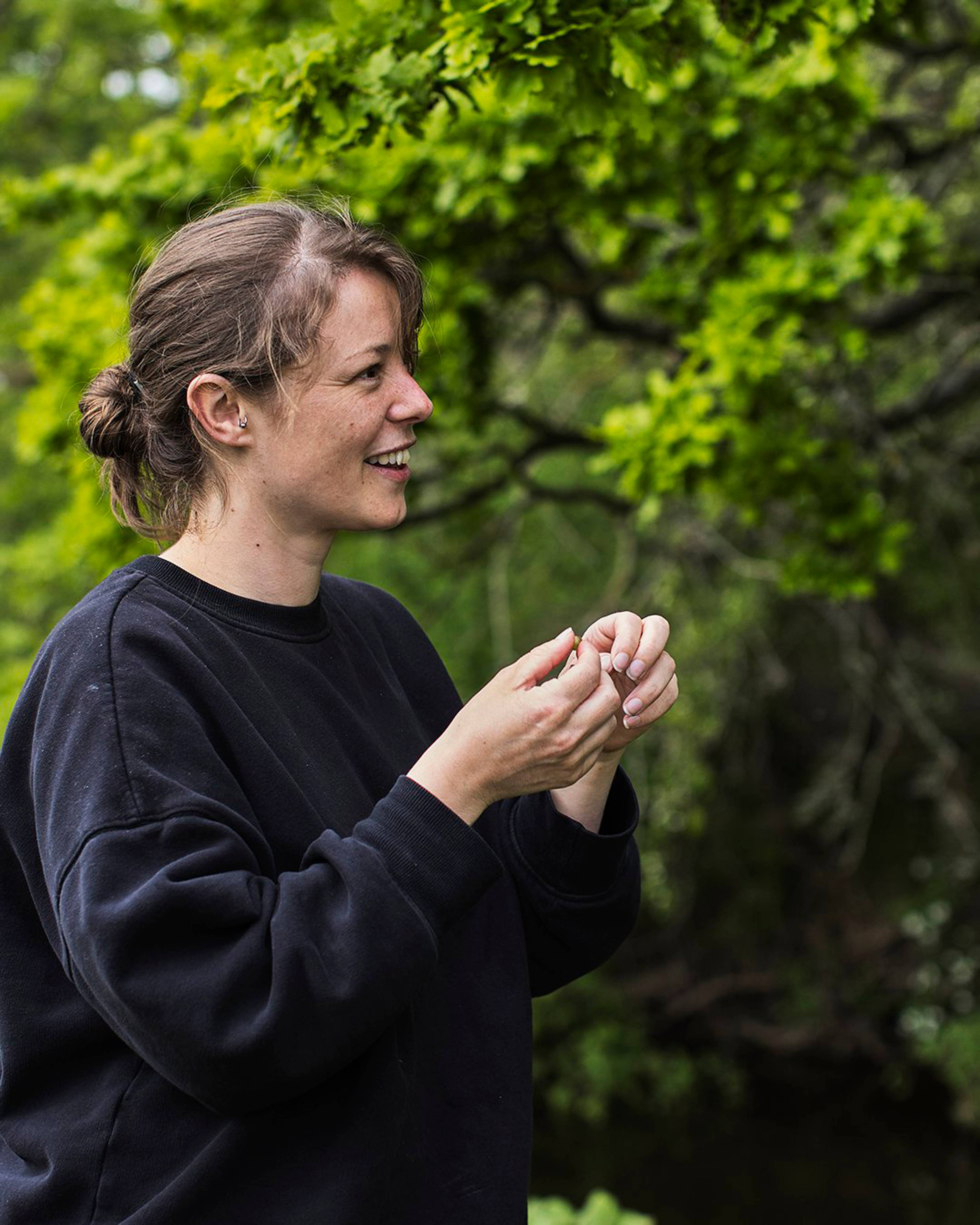
Sam, Natoora Copenhagen
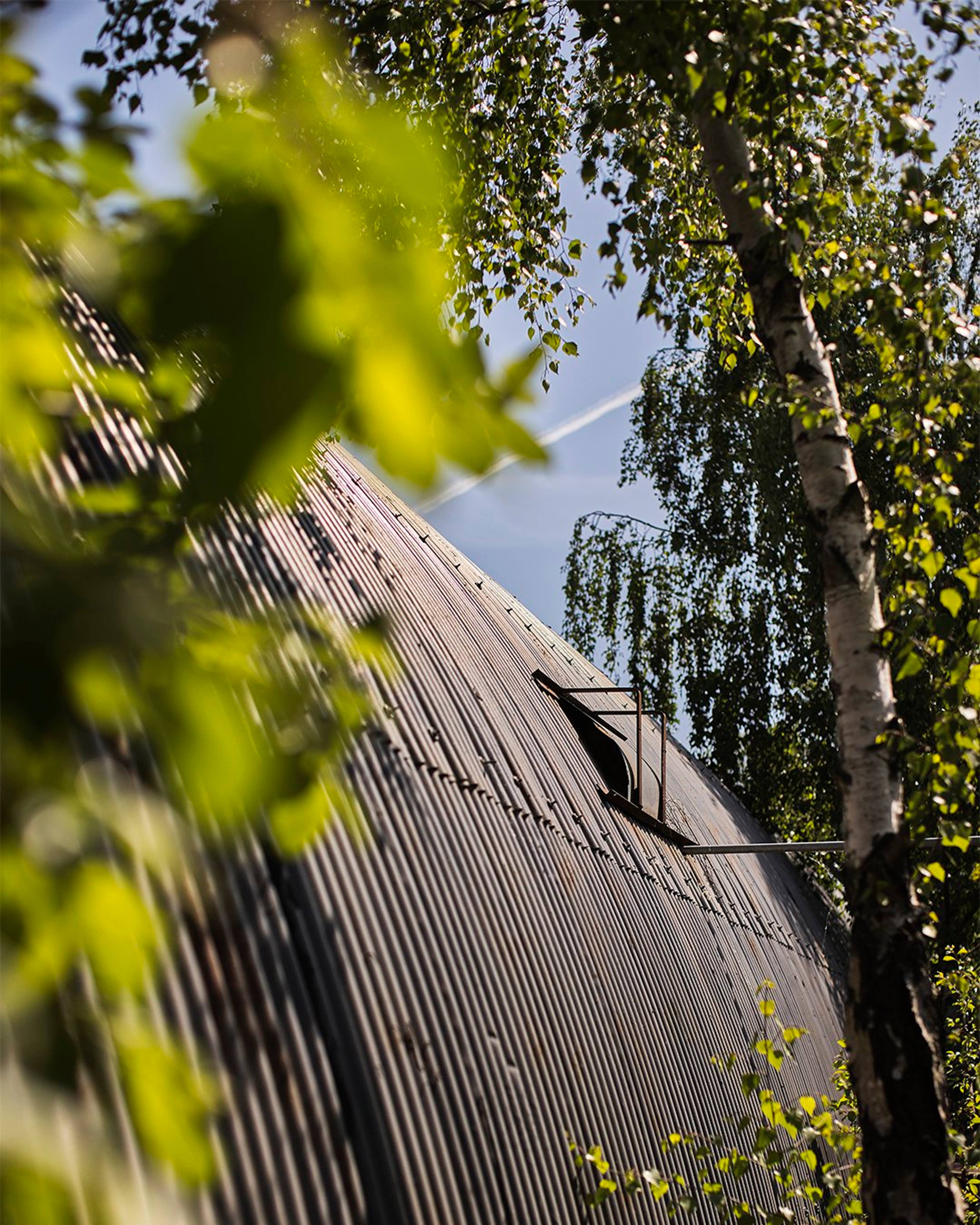
Natoora Copenhagen
Sam heads up the team at Natoora Copenhagen. Any one day might look like loading the van at 5.30am, driving deliveries over to Malmö, taking in goods, QC-ing, washing the warehouse floors, speaking with customers, and learning about producers. Her commitment to the hustle is built on her knowledge of food, flavor and the small-scale growers who make the pursuit of both their lives work.
“I believe in Natoora’s mission. Everyone should have access to good food, and one of humanity’s biggest flaws is its limited intelligence on how to achieve this. If Natoora can ensure that people have good food, and get the story out about growers, then we’ve done something right.”
We ask how her experiences, Noma and New Nordic Cuisine have shaped this thinking.
When did food and flavor first become important to you?
I spent eight years travelling around Australia, New Zealand and South-East Asia — always working in restaurants because these were the easiest jobs to get. So I fell into the industry, as so many people do.
Then, after completing a masters in business, I moved to Copenhagen to work at Noma.
I didn’t fully understand what Noma was — I don’t think you can fully grasp it until you’re there. As a restaurant, it was quite different. It was pushing at the forefront of something. The people I met there had dedicated their lives to it. Being Front of House at Noma doesn’t mean just putting down a plate of food: you learn about everything that goes into it; a 16-page recipe and all the producers behind it too. It opened my eyes to a whole new world of food and showed me how much potential there is in this industry.
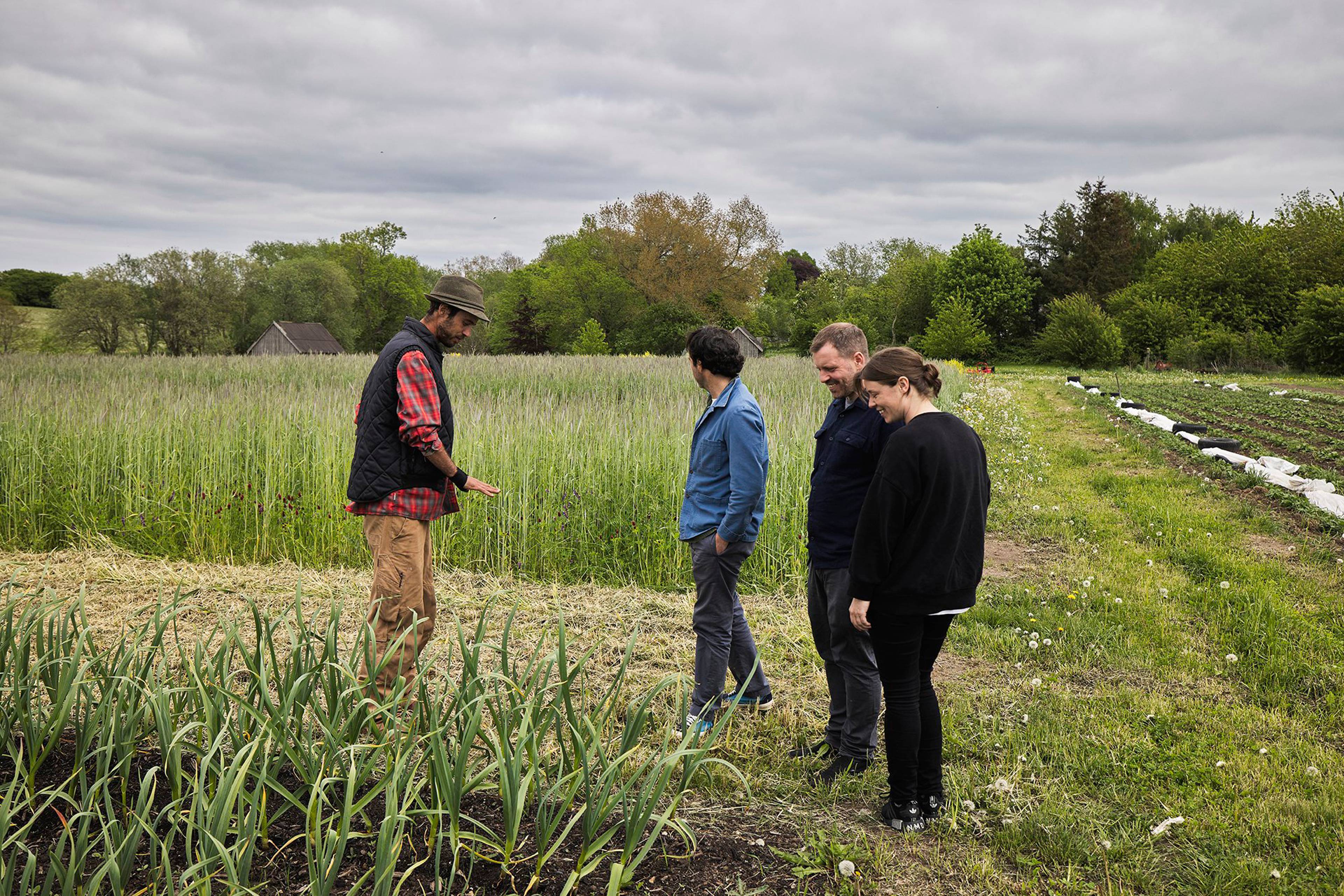
Sam and the team at a farm in Denmark
How important is provenance to Noma?
Claus Meyer — one of the chefs who formulated the ‘New Nordic Kitchen Manifesto’ — also founded Noma. Together with René Redzepi, the thinking behind it was to build a restaurant that reflected and celebrated the limited produce in Nordic countries. The New Nordic is about using what’s around us, but it’s also about working with the people producing the best food.
I used to travel a lot and meet producers, and I fell in love with farming in a way that is better for the world and more true to how food and wine should be. When we went to Mexico for the Noma pop-up, we looked at how indigenous communities work together and what food means to them. Food is central to every culture, no matter where you are. Food doesn’t just feed us — it brings people together and creates cultures.
On my return, I worked briefly with a diver in the north of Norway who hand-dives for scallops 180km north of the Arctic Circle. I saw how much work he puts into it because he loves it, but I also saw how poorly he was paid. You sacrifice a lot to live a life like that. Today, he’s one of my best friends and I can see that he’s at peace when he’s in the water and diving. It’s ingrained in him as a person, and I think that’s the most endearing thing about working with food and supporting the people who live and breathe by what they do.
This is what makes Natoora a good match. There are lots of small wholesalers that want to work with these kinds of farms, but the growers and producers don’t want to work with them. It’s different with Natoora. They appreciate what Natoora has done, how long it’s been going and the strength of the relationships it has built with other growers.
From Noma, you moved on to Empirical Spirits, ‘the flavor company.’ How did fermentation play into this?
I worked with Lars — Empirical Founder — at Noma where the fermentation lab is firmly ingrained in everything the restaurant does, opening up another world of what food and flavor are. Lars is a pioneer in what he does, using fermentation to access flavor.
Today, fermentation is huge in Copenhagen, whereas in London it’s still next-world. Here, there are uncountable small, local fermentation projects with people making shoyus from local beans and local grains, and making Nordic shoyus and vinegars. Even in Natoora’s warehouse, there’s a kombucha company and someone making misos from local ingredients. You go to a small wine bar and it will have miso in a dish on the menu.
The chefs who come to Copenhagen are at the forefront of what flavor can be and create an access point for knowledge. Everywhere you go there is someone who has learnt from the koji master or learned about sake in Japan and (because Copenhagen is so small) it’s like a hotspot bursting with knowledge.
How does Natoora fit into this?
The chefs that we work with in Malmö have come to us because they’ve tried our growers’ produce elsewhere. Andy from Ruth’s worked at Lyles. Jesper of Speceributik worked at Ruth’s. Matt — who is opening up a pie and mash place — encountered Natoora in London. Already, there’s a community of chefs who have traveled, discovered Natoora, and pushed to bring it home.
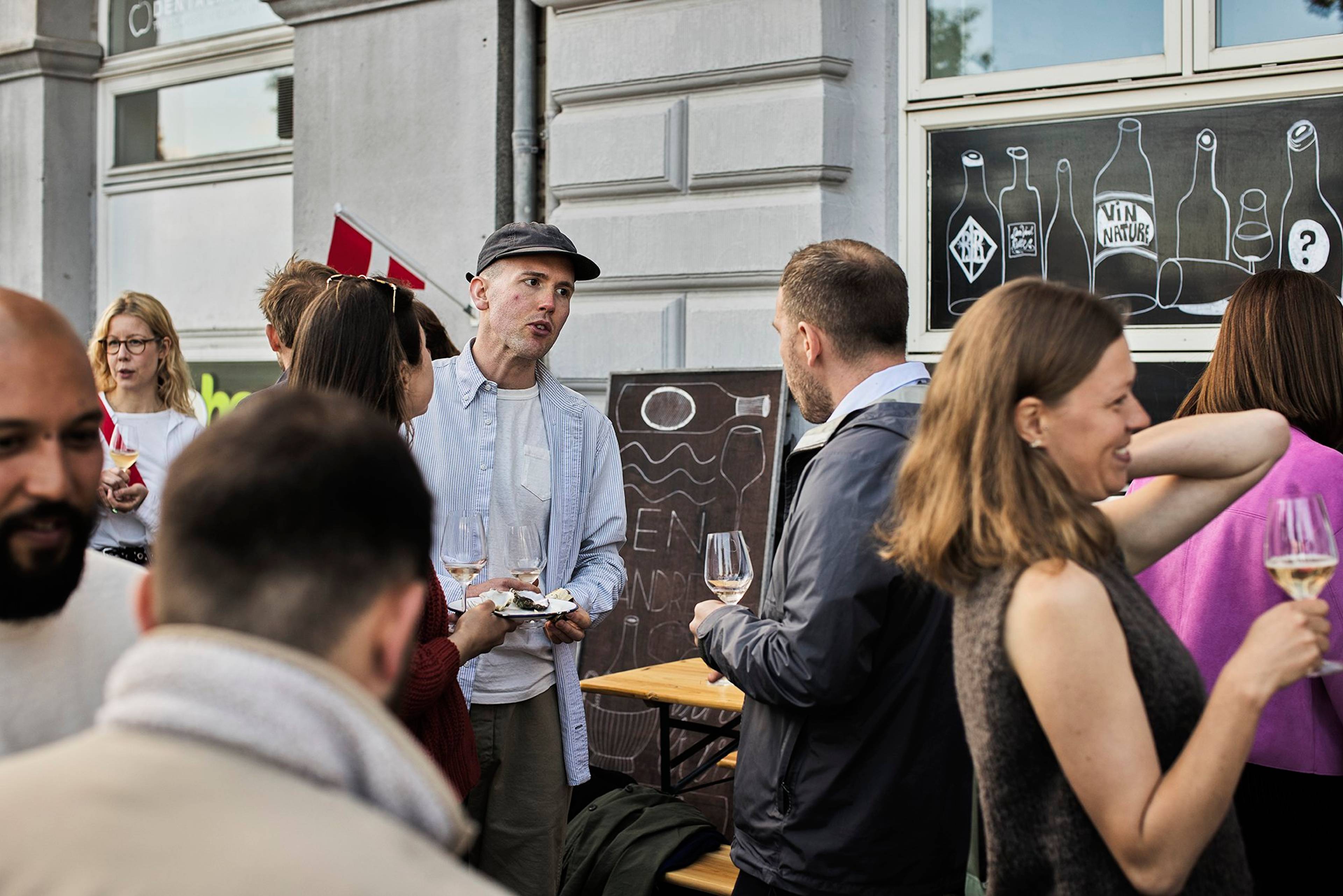
Copenhagen launch at Den Vandrette, 2022
Stories
See allWe exist to fix the food system.
People are more cut off from the origins of their food than ever. This makes flavor, nutrition and farming practices that protect the planet, almost impossible to find.
By working directly with growers, we create a more sustainable way forward for farming. By giving everyone the tools to understand the power of our food choices, we empower everybody to become drivers of change.
Now is the time for action. Join the food system revolution.

Go beyond four seasons
Each fruit and vegetable has its own season, with subtle shifts which happen every day. Follow their microseasons to unlock flavor at every stage.
WHAT’S IN SEASON?

Know where your food comes from
We know the name of the person behind everything we source. Recognize their growing artistry to find out exactly where your food comes from (and why that matters).
MEET THE GROWERS

Make your diet diverse
Our growers work with varieties chosen for quality and nutrition, not yield. By selecting their crops you keep heritage seeds in play, add to ecosystem biodiversity and preserve unique flavors.
GO #OFFTHEPASS
United States
© 2026 Natoora Ltd.
